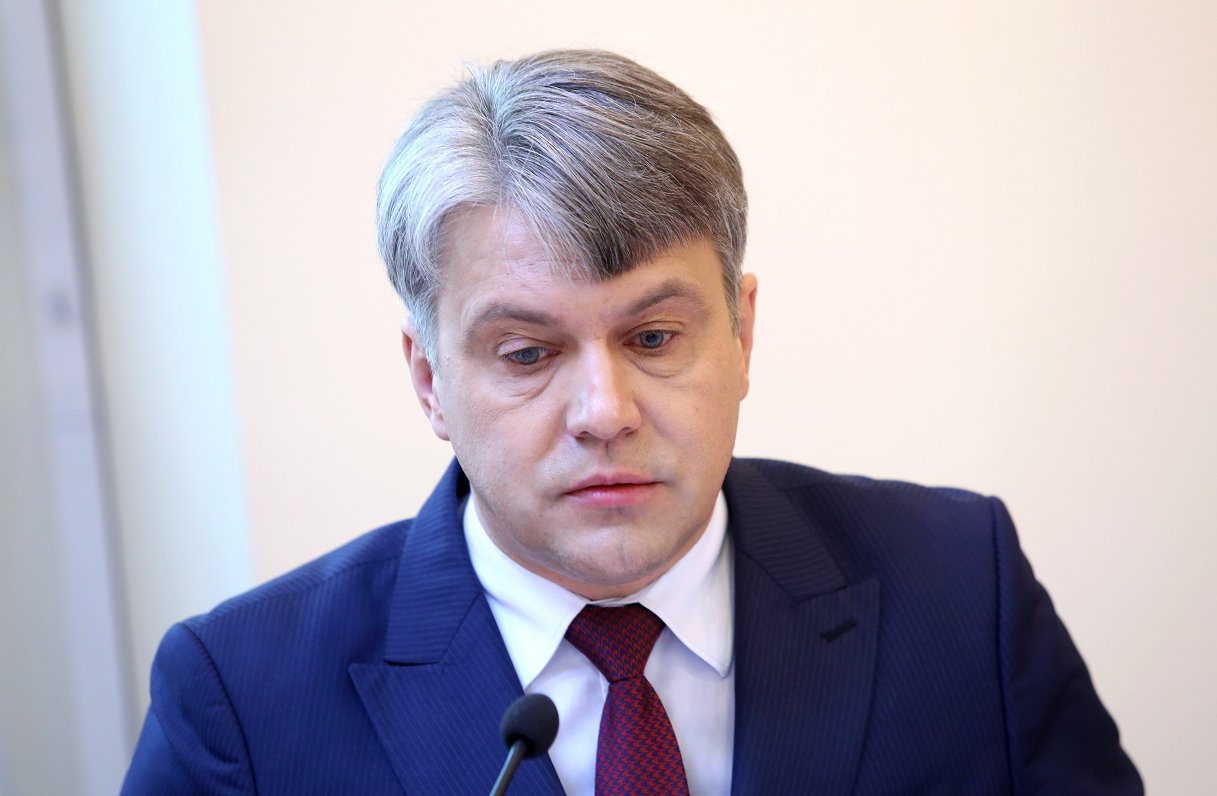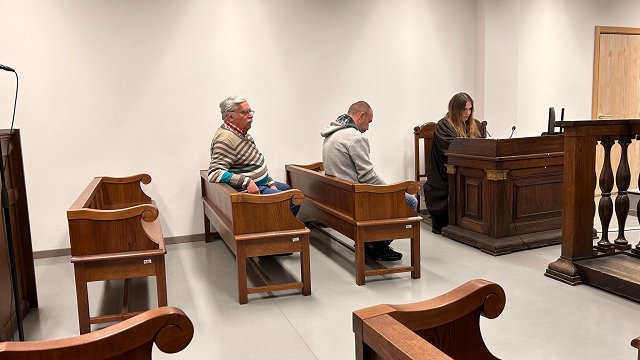First off is Juris Jansons, Latvia's Ombudsman and an outspoken figure on inequality, human rights (including non-citizens' rights) and domestic violence.
Jansons has the backing of the opposition Greens and Farmers' Union, and may possibly get backing from the largest opposition party, Harmony. It should be noted that Jansons' opinions have clashed in the past with those of the Greens and Farmers' Union on issues such as the ratification of the Istanbul Convention against domestic violence, but recently he has come closer to the party line at least on this particular matter.
Jansons, born in 1973 in Rīga, is a lawyer by education but also has a master's degree in economics and has studied to obtain a doctor's degree in sociology from the Rīga Stradiņš University.
He worked at the Bank of Latvia from 1994 to 2006 where he became head of the analytics department in 2000. Afterwards, Jansons took up administrative tasks at various ministries, becoming Deputy State Secretary at the Environment Ministry in 2009. He then became liquidator of the health insurance holding company Rīgas Slimokase.
Jansons – who was then arguably but a little-known lawyer – was conjured up by the parliament.and elected as ombudsman in 2011 as the candidate of Harmony. He got the backing of the Greens and Farmers' Union as well, a deal which at the time looked likely to threaten coalition stability. In 2016 his term was extended to March 16, 2021.
At the time of his re-election, experts were equivocal about Jansons' performance in office, saying he has paid more attention to resonant cases, however staying away from other topics. However they claimed Jansons' activities have made the office of the Ombudsman much more recognizable.
Jansons is married and has a son. According to the Ombudsman's Office website, Jansons speaks Latvian, English, Russian and some French.
If elected as president, Jansons would focus on Latvia’s domestic processes, raising solving of social problems to a “new level”, Jansons said in an interview.
His focus would be the protection of less protected residents and trying to reduce social inequality.
“The president can do it more efficiently. If decision-makers are addressed by the president, it has a completely different importance. The president has the right to set the agenda. The president also may hold politicians responsible for their progress,” said Jansons.



























